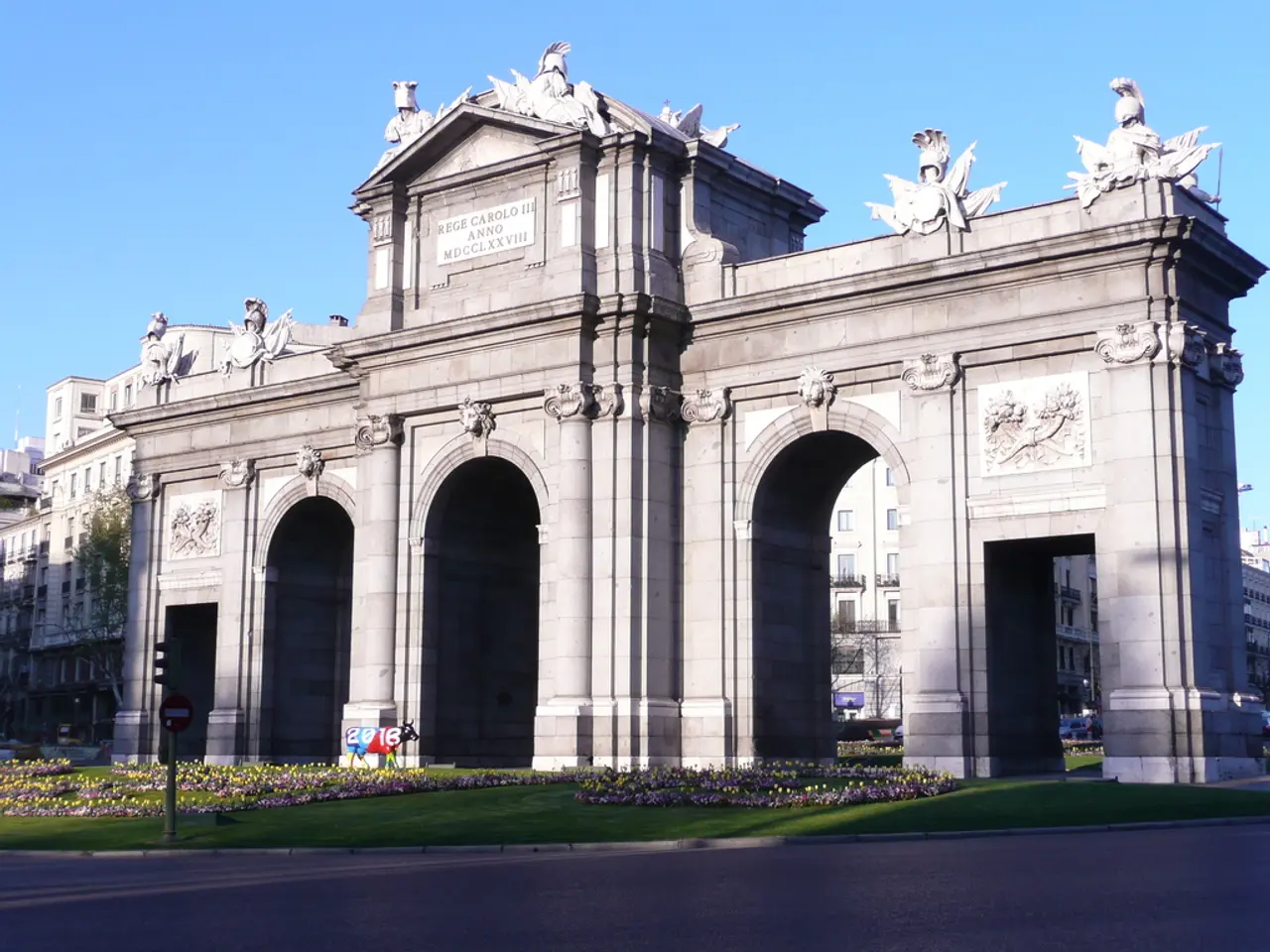Enlightenment Brings Natural Gardens to Dessau: Wörlitz's Legacy
The Enlightenment era brought significant changes to garden design, moving away from the strict geometry of Baroque gardens. This shift was evident in Germany, particularly in Dessau, where gardens became expressions of a more natural, human-centered order. The Garden Kingdom of Wörlitz, designed under Prince Leopold III and architect Friedrich Wilhelm von Erdmannsdorff, embodied these ideals.
In the 18th century, gardens in Europe underwent a transformation, reflecting the liberal worldview of the Enlightenment. In Germany, this was particularly notable in Dessau, where gardens were designed to serve both aesthetic and didactic purposes. The Garden Kingdom of Wörlitz, opened in 1769, was one such example.
The garden's design was led by Prince Leopold III, but the key architectural and landscaping work was done under the guidance of Friedrich Wilhelm von Erdmannsdorff. Unlike the symmetrical structures of Baroque gardens, Wörlitz reflected a more natural, irregular layout, inspired by English landscape gardens. It was designed as an expression of an ideal, morally grounded world order, serving as a place of inspiration, contemplation, and inner reflection - a role gardens have always played in Western civilization.
Wörlitz was not just an elite retreat; it was accessible to all citizens from the beginning. The prince saw it as an instrument of societal education, aiming to create a cohesive work of art that symbolized the unity of man, nature, and society. This approach was a departure from the religious-cosmological spaces of ancient Egypt and Greece, and the secular power displays of Baroque gardens.
The Garden Kingdom of Wörlitz in Dessau stands as a testament to the Enlightenment's influence on garden design. Its natural, human-centered order reflects the shift away from the strict geometry of Baroque gardens. By serving both aesthetic and educational purposes, and being accessible to all, Wörlitz embodied the Enlightenment ideals of its time.








